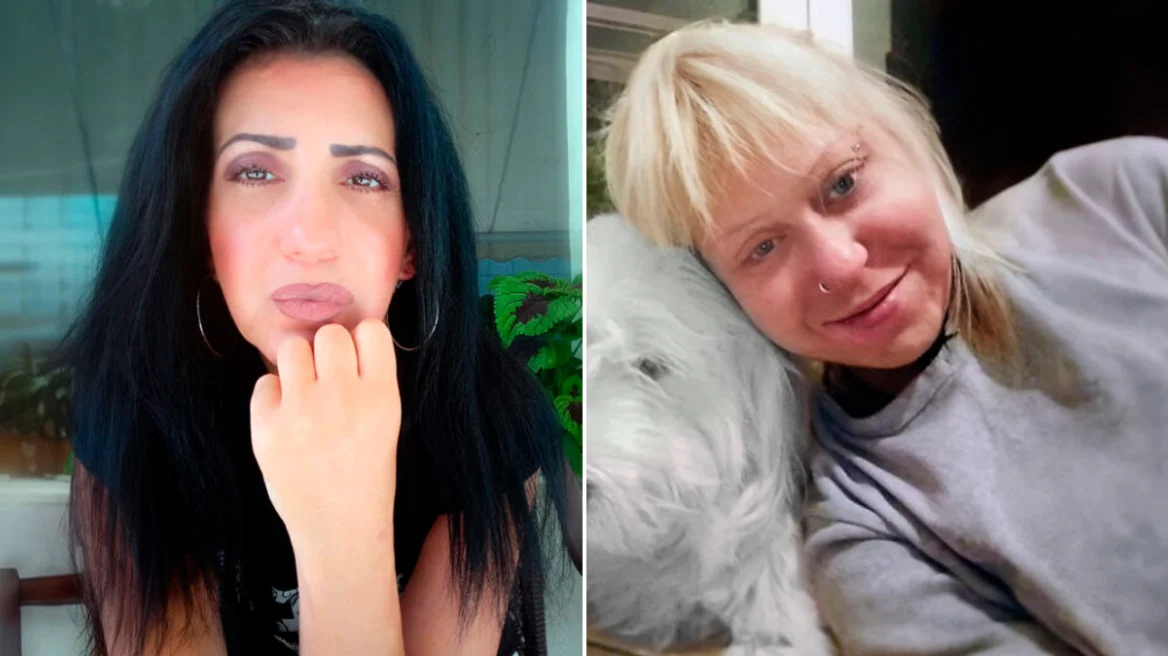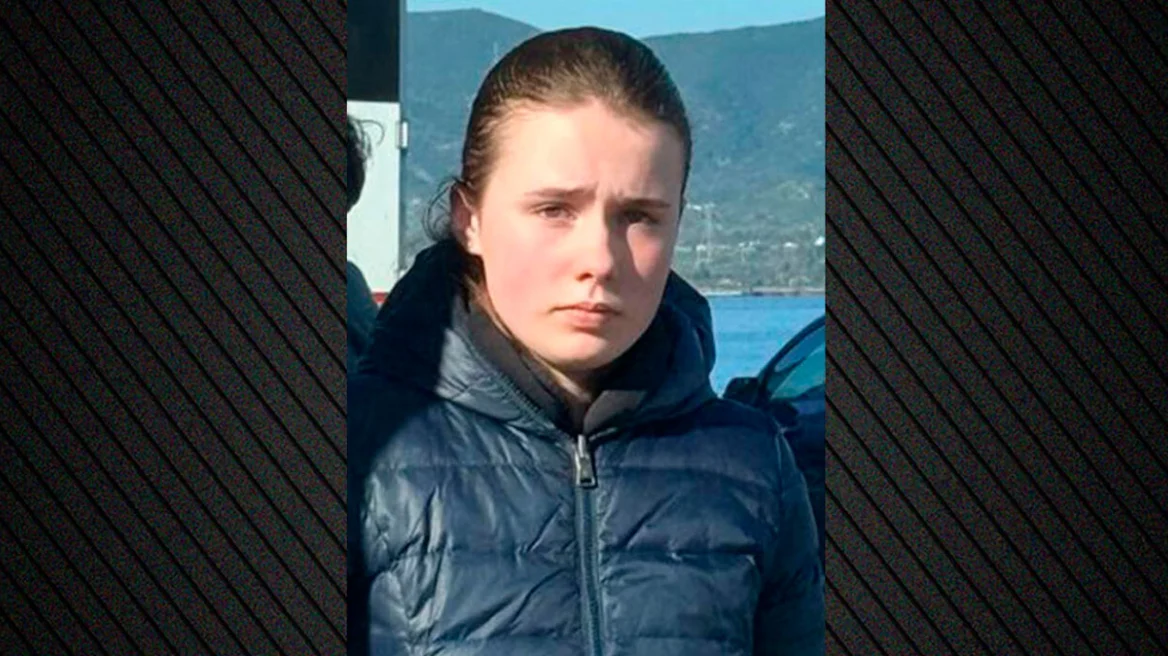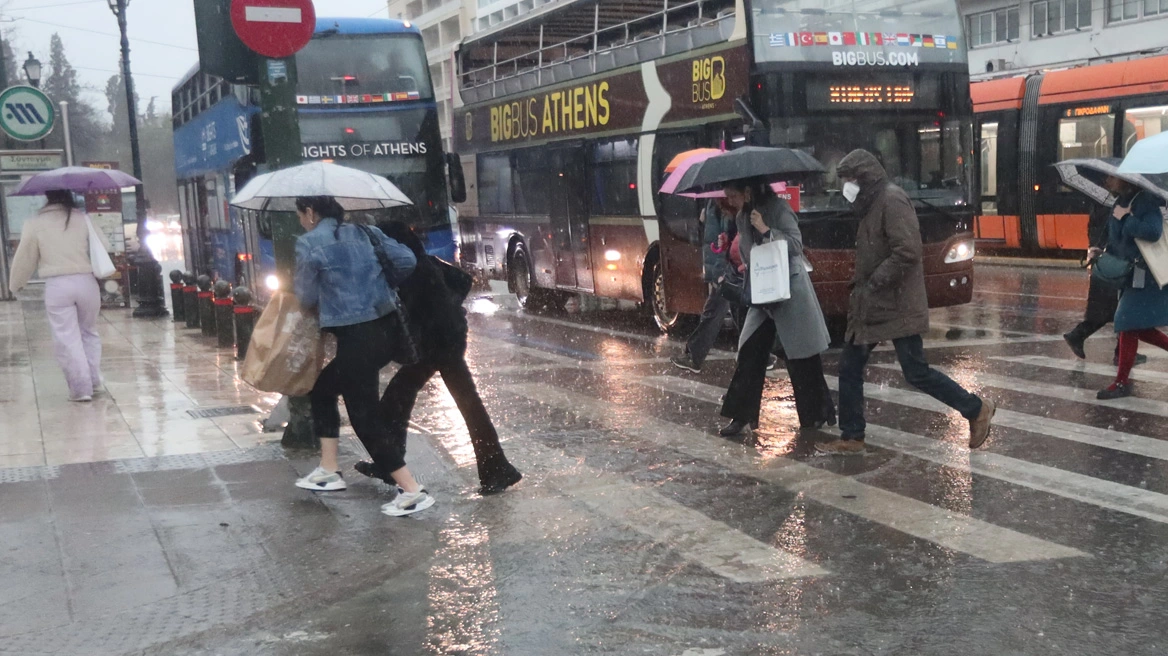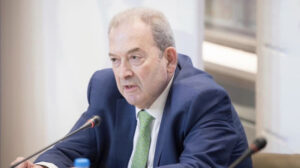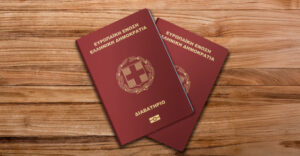The opposition far-right Alternative for Germany (AfD) rebuked Angela Merkel’s government for joining Western expulsions of Russian diplomats after an attack on a former Russian spy in Britain, arguing that this harmed Germany.
Berlin said on Monday it was sending four diplomats back to Russia as part of 100 expulsions by the U.S. and European countries.
“Germany has nothing to win and much to lose if it lets itself be drawn into a new Cold War by rabble-rousers and it wilfully blocks diplomatic channels,” said Alexander Gauland, co-leader of the AfD, the biggest opposition party.
Britain blames Russia for a nerve agent attack on Sergei Skripal and his daughter in the southern English city of Salisbury where they were found unconscious on March 4. They are still critically ill. Moscow has denied being behind the attack.
There has been broad consensus among Merkel’s conservatives and her Social Democrat (SPD) junior partners to back Britain in taking a tough stance against Moscow in the case and Merkel has repeatedly called on Russia to cooperate in the investigation.
But Gauland said the German government, driven by a false sense of solidarity, was basing its actions only on suspicions.
“The claims made by the British government are unproven,” he said in a statement on Tuesday, adding it was inappropriate to take such serious measures without a factual basis.
“Foreign Minister Heiko Maas has, in contrast to other EU states, shown no backbone towards British assumptions and has acted against German interests,” he said.
The AfD, which entered parliament after winning almost 13 percent of the vote in a Sept. 24 election, has wooed supporters with anti-establishment rhetoric and anti-immigrant policies.
It has also won strong support among the roughly 3 million people in Germany with roots in Russia and the former Soviet Union. Some media have reported that about one third of the AfD’s support comes from the Russian-speaking community.
The party campaigned to end sanctions on Russia imposed by Germany and other Western countries over Moscow’s role in the Ukraine crisis and says it wants to improve relations with Russia.
While Maas, a member of the SPD, has made clear he backs the expulsions, some in his party are more cautious.
Matthias Platzeck, a former leader of the SPD and head of the German-Russian Forum, said jumping to conclusions with no proof “shakes many peoples’ understanding of the law and of democracy”. He wanted to see proof against Russia.
Former SPD Chancellor Gerhard Schroeder, a personal friend of Russian President Vladimir Putin, has also drawn criticism for continuing his close ties with Russia, including his role as chairman of Russia’s biggest oil producer Rosneft.
Schroeder, chancellor from 1998 to 2005, is ridiculed for agreeing more than a decade ago to a description of Putin as a “flawless democrat”.
Source: yahoo
Ask me anything
Explore related questions

